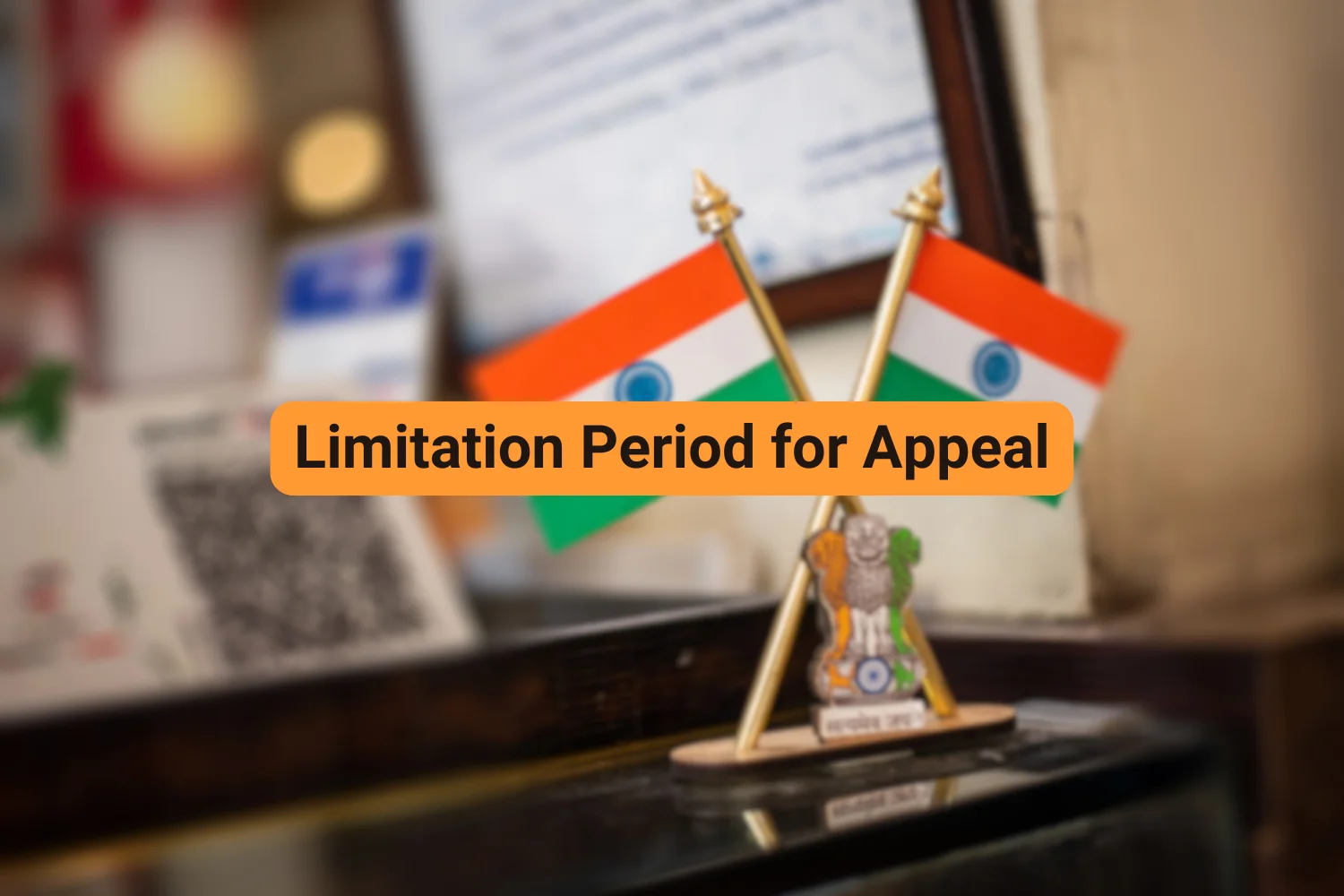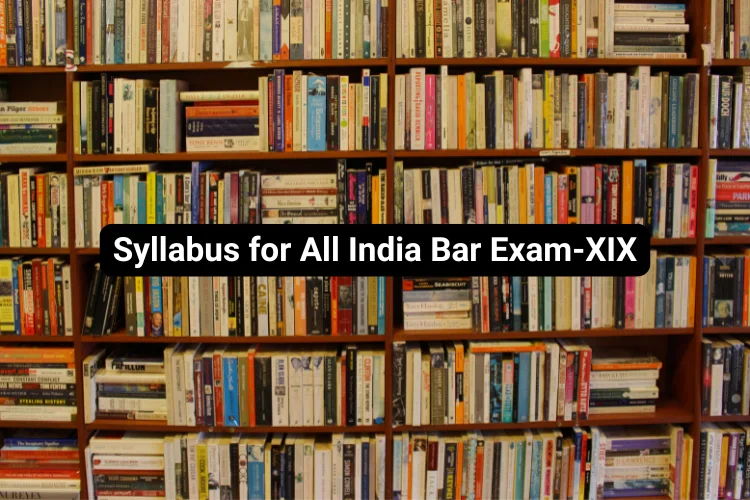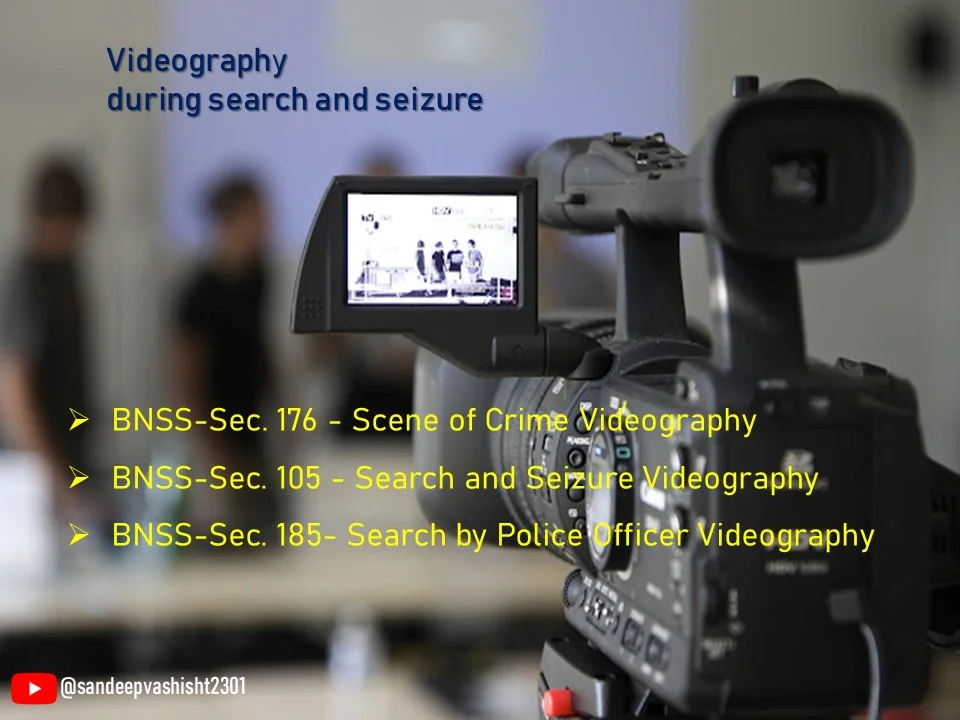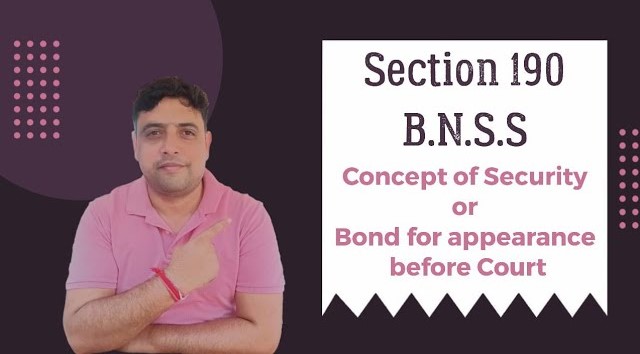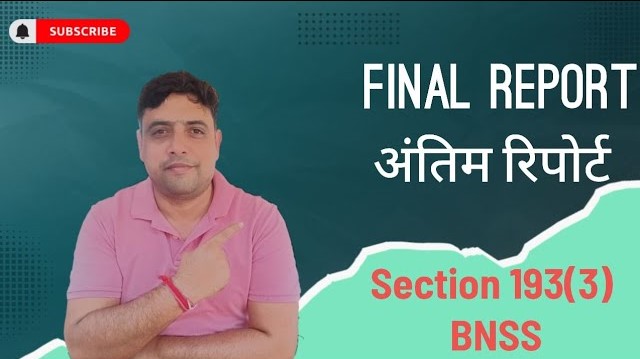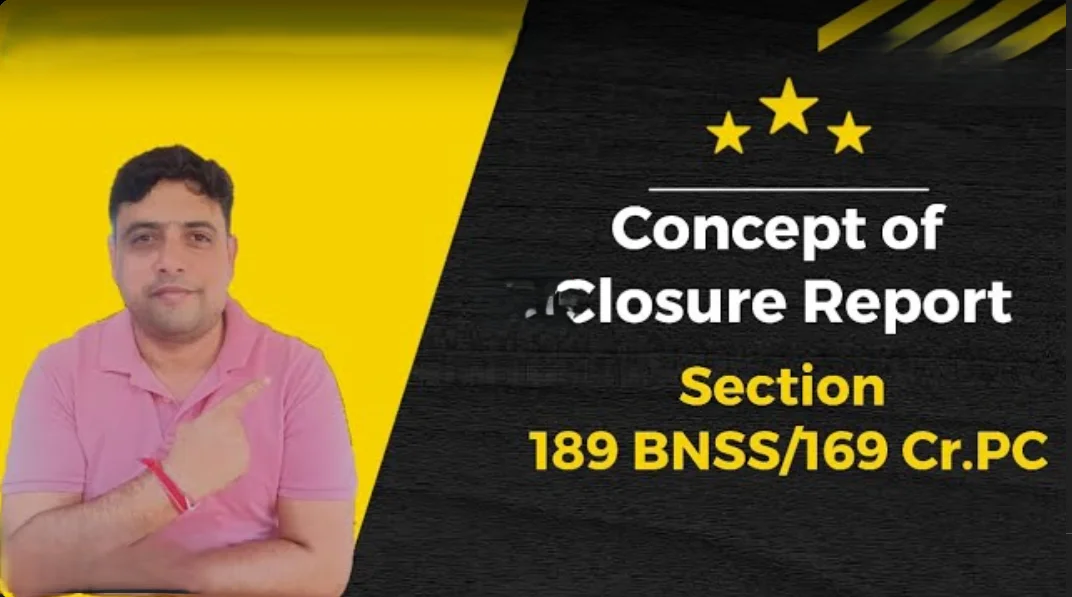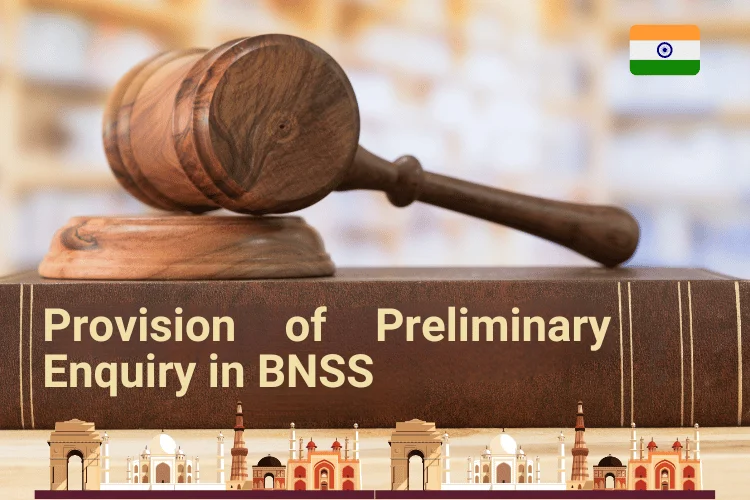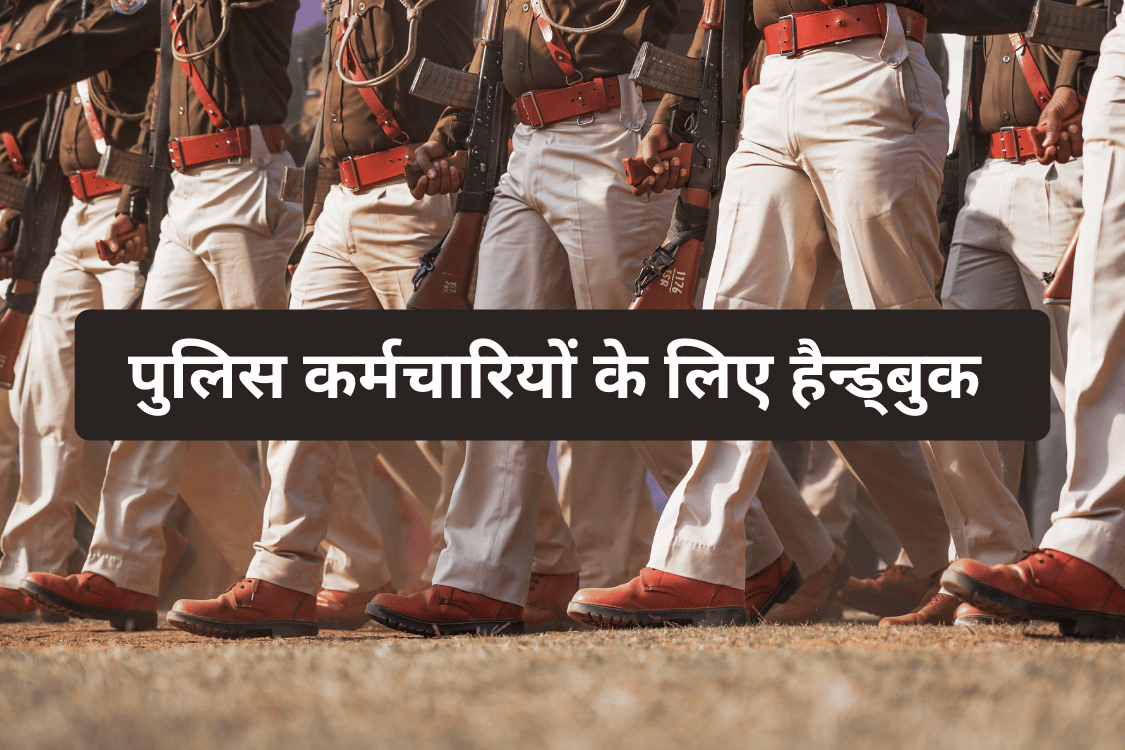POWERS AND FUNCTIONS OF STATE BAR COUNCIL
State Bar Councils in India play a critical role in regulating the legal profession and ensuring its smooth functioning. Established under the Advocates Act, these councils are vested with a wide range of powers and functions that can be categorized into three main areas:
- Regulating the Legal Profession: Regulaatory functions of the state bar council are as follows :-
Admission and Roll Maintenance: State Bar Councils have the authority to assess the qualifications of individuals seeking to become advocates and admit them to the practice of law. They also maintain an official roll of all enrolled advocates within their jurisdiction.
Disciplinary Action: The Councils have the power to investigate allegations of misconduct against advocates and take disciplinary action when necessary. This can include reprimands, suspensions, or even removal from the roll of advocates.
Safeguarding Advocates' Interests:These bodies act to protect the rights, privileges, and well-being of advocates enrolled under them. This might involve advocating for fair treatment of lawyers by the courts or other legal authorities.
- Promoting Legal Development and Public Service:
Bar Association Support: State Bar Councils play a role in fostering the growth and development of Bar Associations. These associations provide various benefits and resources for lawyers, such as continuing legal education programs, professional development support, and advocacy for legal reforms.
Law Reform Advocacy: The Councils can actively contribute to legal reforms by proposing changes to existing laws or advocating for the creation of new ones. This helps ensure the legal system remains relevant and effective in addressing contemporary issues.
Knowledge Sharing: The Councils are empowered to organize seminars and talks on legal topics, featuring prominent legal experts. They can also publish journals and legal papers to disseminate legal knowledge and promote scholarly discussions.
Legal Aid for the Poor: A crucial function is organizing legal aid programs to ensure that underprivileged individuals have access to legal representation. This helps to uphold the principle of equal justice for all.
- Financial Management and Resource Mobilization:
Fund Management: State Bar Councils have the responsibility to manage and invest the funds they receive. These funds can be used to support the Council's various activities, such as administering disciplinary proceedings or organizing legal aid programs.
Establishing Funds: The Councils can create specific funds for designated purposes. These may include:
- Providing financial assistance to advocates in need, such as those who are indigent, disabled, or facing hardship.
- Funding legal aid or advice programs to support underprivileged individuals seeking legal representation.
- Establishing and maintaining law libraries to provide lawyers and the public with access to legal resources.
Receiving Grants: To support their activities, the Councils can accept grants, donations, gifts, or benefactions from various sources. These contributions can be particularly valuable in financing legal aid programs and maintaining law libraries.
Additional Considerations:
Elections: The passage also mentions the Council's responsibility to conduct elections for its members. This ensures a democratic and representative functioning of the body.
University Inspections: In some cases, the Councils may be authorized to visit and inspect universities, particularly those offering law programs. This could be done to ensure that these institutions meet the prescribed standards for legal education.
Broader Functions: The Advocates Act may assign additional functions to State Bar Councils beyond those explicitly listed. Additionally, the Councils have the authority to take any actions necessary to fulfil their core responsibilities.
By exercising these powers and functions effectively, State Bar Councils in India contribute significantly to maintaining a professional and ethical legal profession, promoting access to justice for all, and fostering the continued development of the legal system.
In the case of Praveen Pandey v. State of Madhya Pradesh 2018, the Madhya Pradesh High Court ruled that the State Bar Council cannot take away an advocate's statutory right to practice, even if it's done in the name of protecting the interests of advocates.
The court held that while the Bar Council has powers under Section 6(d) of the Advocates Act to safeguard the rights and privileges of advocates, this power is not unbridled and must be exercised reasonably and without arbitrariness, like all state actions. Specifically, the court ruled that a State Bar Council cannot impose a penalty on an advocate for not participating in a strike call, as this would be an unreasonable and unjust restriction on the advocate's right to practice. This judgment sets a limit on the powers of the Bar Council and ensures that advocates' statutory rights are protected from arbitrary actions by the Council.
OTHER SPECIFIC FUNCTIONS OF STATE BAR COUNCIL
- Maintaining the Roll of Advocates
Maintaining the roll of advocates is a core responsibility of State Bar Councils. This roll ensures a clear record of authorized legal practitioners within a jurisdiction and establishes a hierarchy based on seniority.
What is the Roll of Advocates?
The roll is an official list of all advocates authorized to practice law within the jurisdiction of a specific State Bar Council.
Who is included in the Roll?
As per Section 17(1) of the Advocates Act, 1961, the roll includes:
- Advocates previously enrolled under the Indian Bar Councils Act, 1926.
- Individuals who are newly admitted as advocates by the State Bar Council.
Determining Seniority:The roll is divided into two parts:
Part 1: Senior advocates
Part 2: Other advocates
The order of names within each part reflects the advocate's seniority.
How is Seniority Determined?
Seniority is determined based on various factors as outlined in Section 17(3) which can be summarise that seniority shall be determined by date of enrolment, with some exceptions
-
- Senior advocate of the Supreme Court : Seniority determined by Bar Council of India
- Attorneys enrolled as an advocates : seniority determined by date of Enrollment as an attorney.
Resolving Disputes: If two or more advocates have the same enrolment date, the elder one is considered senior. Any unresolved disputes regarding seniority are referred to the State Bar Council for a final decision.
Uniqueness of Enrollment:An advocate can only be enrolled on the roll of one State Bar Council at a time.
Transferring of from one State Roll to another : The transfer process for advocates between State Bar Councils is handled by the BCI. While generally straightforward, it's crucial to ensure no disciplinary actions are pending against you and that your reasons for transfer are legitimate.
Initiating the Transfer:An advocate enrolled in a State Bar Council and wish to practice in another state, can apply to the Bar Council of India (BCI) for a transfer. A specific application form (likely provided by the BCI) needs to be completed for this purpose.
BCI's Role in the Transfer:Upon receiving application, the BCI will:
- Direct the removal of advocate name from the roll of the original State Bar Council (without any fee).
- Instruct the new State Bar Council to add the name to their roll.
- State Bar Councils are obligated to comply with the BCI's directives regarding such transfers.
Grounds for Rejection: The BCI may reject transfer application under certain circumstances:
- Pending Disciplinary Proceedings: If any disciplinary actions are ongoing against such advocate, then transfer request will likely be denied.
- Non-Genuine Reasons: If the BCI doubts the legitimacy of transfer request, they can reject it.
Applicant Representation:Before a rejection, the BCI will provide to the advocate with an opportunity to explain his position.
Certificate of Enrolment:After the name is successfully transferred to the new State Bar Council's roll, advocate will be provided certificate of enrolment in the prescribed format.
Maintaining Updated Information:It's the responsibility of advocate to inform the new State Bar Council within 90 days, if he changes his permanent residence address.
State Bar Council Recordkeeping:Once the roll of advocates is prepared, each State Bar Council must send a certified copy to the BCI. Any future updates or changes made to the roll (additions, removals) must also be promptly communicated to the BCI.
- Admission and Enrolment of advocates:The process of becoming an advocate in India is governed by the Advocates Act and requires meeting specific qualifications. State Bar Councils hold the exclusive authority to assess applicants and grant them enrolment, allowing them to practice law within their jurisdiction.
Exclusive Authority:
- The Advocates Act vests the power of admitting and enrolling advocates solely with State Bar Councils.
- The Advocates Act establishes the core framework for admission and enrolment:
Qualifications for Enrolment on a State Roll: Section 24 of the Advocates Act outlines the eligibility requirements for becoming an advocate in a State:
- Indian Citizenship: The applicant must be a citizen of India.
- Minimum Age: The applicant must be at least 21 years old.
- Law Degree: The applicant must possess a recognized law degree. The Act specifies various qualifying degrees, including:
- Three-year law degree from a recognized Indian university (post-1967)
- Two-year law degree from a recognized Indian university (pre-1967)
- Law degree from a recognized foreign university (subject to BCI approval)
- Qualification as a barrister or attorney (meeting specific criteria)
- Additional Conditions: The applicant may need to fulfil any further conditions set by the State Bar Council's rules.
- Fees: Payment of applicable stamp duty (if any) and enrolment fee to the State Bar Council.
Disqualification from enrolment :
Maintaining a high ethical standard within the legal profession is crucial. The disqualification provisions ensure that individuals with certain convictions or dismissal records cannot become advocates, promoting public trust in the legal system. However, there's a chance for rehabilitation after a period of time. The grounds that can disqualify an individual from becoming an advocate in India, as outlined in Section 24A of the Advocates Act (amended in 1973).
Disqualifying Factors:The Act specifies three main reasons why someone might be disqualified from enrolment:
- Moral Turpitude: Conviction for an offense involving moral turpitude makes a person ineligible for enrolment. This term generally refers to conduct considered grossly immoral or dishonest.
- Untouchability Offenses: Conviction under the Untouchability (Offences) Act, 1955, which prohibits discrimination based on caste, also leads to disqualification.
- Dismissal for Moral Turpitude: If an individual is dismissed or removed from government employment due to allegations of moral turpitude, they cannot be enrolled as advocates.
Important Note:
The disqualification period is not permanent. After two years from the date of release from prison, dismissal, or removal (as applicable), the individual can re-apply for enrolment.
Case Law
N. Ram Reddy v. Bar Council of State of A.P. :
- Analysis: This case involved a dispute between N. Ram Reddy (petitioner) and the Bar Council of Andhra Pradesh (respondent) regarding Mr. Reddy's application to be enrolled as an advocate.
- The Issue:The Bar Council rejected Mr. Reddy's application because disciplinary proceedings were pending against him. They argued that the outcome of these proceedings could lead to his dismissal, potentially based on moral turpitude, which would disqualify him under the Advocates Act.
- Mr. Reddy's Contention:
- He claimed he had already retired from service as per a Central Administrative Tribunal judgment.
- The disciplinary proceedings were irrelevant as his situation didn't fall under the disqualification categories of dismissal, removal, or conviction.
- Court's Ruling:The court sided with Mr. Reddy, highlighting several key points:
Disciplinary Proceedings as Mere Speculation: The Bar Council's reasoning about a potential guilty verdict with dismissal was deemed speculative and baseless.
Mr. Reddy Didn't Meet Disqualification Criteria: The court found Mr. Reddy's situation didn't fall under any of the disqualification grounds mentioned in Section 24A of the Advocates Act (moral turpitude conviction, untouchability offense, dismissal for moral turpitude).
Disqualification Not Permanent: The court clarified that Section 24A only imposes a two-year enrolment bar after conviction, not a lifetime ban.
Moral Turpitude for Enrolled Advocates vs. Disqualification: The concept of moral turpitude applies differently to enrolled advocates (disciplinary action) and those seeking enrolment (disqualification).
- Outcome:The court's decision implies that Mr. Reddy's application for enrolment should be re-evaluated without considering the speculative outcome of the pending disciplinary proceedings.
The enrolment Process:The enrolment process involves application, committee review, and potential BCI involvement if necessary.
- Enrollment Application:As per Section 25 of the Advocates Act, individuals seeking enrollment must submit an application in the prescribed format to the State Bar Council of their intended practice jurisdiction.
- Enrollment Committee Review:The State Bar Council forwards the application received by him to its enrolment committee for evaluation. The committee follows a prescribed procedure and any directives issued by the State Bar Council.If the committee considers rejecting the application, they must:
-
- Seek the opinion of the Bar Council of India (BCI).
- Include a statement explaining the grounds for refusal.
- The State Bar Council is bound to make a final decision based on the BCI's opinion.
Removal from the Roll of Advocates:Removal from the roll is only permitted under specific conditions like death, voluntary request, or proven misconduct during enrolment. Due process is ensured by providing advocates with a chance to defend themselves before removal due to misrepresentation or fraud.
A State Bar Council can remove an advocate's name from the roll under specific circumstances:
- Death: Upon confirmation of the advocate's death.
- Voluntary Request: If the advocate submits a written request for removal.
- Misrepresentation, Fraud, or Undue Influence: The BCI can initiate the removal process if they discover the advocate's enrolment was obtained through:
- Misrepresenting a crucial fact
- Fraudulent means
- Undue influence
Before removing the advocate's name in such cases, the BCI must provide an opportunity for them to be heard.
Case Law
Anand Kumar Sharma v. Bar Council of India: This case (Anand Kumar Sharma v. Bar Council of India) highlights the importance of honesty and transparency during advocate enrolment in India.:
Background:
Anand Kumar Sharma applied for and received enrolment as an advocate in Rajasthan. The Bar Council of India (BCI) later discovered that Mr. Sharma has suppressed crucial information during his enrolment process. He was allegedly employed by the Himachal Pradesh government at the time of enrolment and he has been involved in a criminal case. Based on these allegations, the BCI cancelled his enrolment. Mr. Sharma challenged the BCI's decision by filing a Special Leave Petition (SLP) with the Supreme Court, argued that his subsequent acquittal in the criminal case negated the grounds for cancelling his enrolment.
Supreme Court's Judgment: The Supreme Court dismissed Mr. Sharma's SLP, upholding the BCI's decision.
Reasoning Behind the Judgment:
The court relied on Section 26 of the Advocates Act, 1961. This section empowers the BCI to remove the name of an advocate who gained enrolment through misrepresentation.
The court emphasized that even if Mr. Sharma was later acquitted, the act of suppressing material facts during enrolment itself constituted a violation.
This case sets a precedent for maintaining transparency and integrity in the advocate enrollment process. Intentionally withholding relevant information can lead to disqualification, even if the applicant is not ultimately convicted of a crime.
Consequences of Refused Enrollment as an Advocate in India:Impact of a rejected application for enrolment as an advocate has been enumerated under Section 27 of the Advocates Act, 1961.
Information Sharing After Enrollment Refusal:If a State Bar Council's enrollment committee denies or refused an application, they must promptly notify all other State Bar Councils.This notification must include:
- Applicant's name
- Address
- Qualifications
- Specific reasons for the refusal
- Restrictions on Applying to Other State Bar Councils:
An applicant who is denied enrolment by one State Bar Council cannot apply to another State Bar Council without obtaining prior written consent from the State Bar Council that initially rejected the application or the Bar Council of India (BCI).
- Power to establish Committees:State Bar Councils can establish various committees to effectively carry out their duties.
Disciplinary Committee: This committee hhandles disciplinary actions against advocates. This committees within State Bar Councils in India, is mandated by Section 9 of the Advocates Act, which says that every State Bar Council must establish one or more disciplinary committees. The committee comprises three members:
- Two elected members: Chosen by the Bar Council from among its own members.
- One co-opted member: Selected by the Bar Council from advocates who Possess at least 10 years of experience as advocates on a State roll.
Legal Aid Committee: Works on providing legal aid to those in need.
Executive Committee: Oversees the day-to-day operations of the Council.
Enrollment Committee: Assesses applications for enrollment as an advocate.
Additionally, they can form other committees as deemed necessary.
- To Maintain Accounts and Conduct Audit: State Bar Councils have the power to Appoint qualified staff members like a secretary, accountant, and others to mmaintain proper financial records as prescribed by law. Council can Get their accounts audited annually by a qualified auditor and publish their audited accounts and reports for transparency.
- Rule-Making Authority:State Bar Councils can make rules on various matters, subject to approval by the Bar Council of India (BCI). These rules can govern:
- Application process and deadlines for enrolment as an advocate.
- Conditions for admission to the roll of advocates.
- Payment of enrolment fees.
- Election procedures for Bar Council members.
- Legal aid and advice programs.
- Internal operations like meetings, quorum, and staff qualifications.
- Management of Bar Council funds.
- Indemnity against Legal Proceedings :The Act protects State Bar Councils, their committees, and members from legal proceedings for actions taken in good faith while fulfilling their duties under the Act or its approved rules.
- To entertain and determine cases of misconduct against its Members: Chapter V of the Advocates Act, 1961 titled as "Conduct of Advocates' confers powers upon a State Bar Council to entertain and determine cases of misconduct against the advocates on its roll.
- Initiating Disciplinary Actions: Section 35 empowers State Bar Councils to investigate and determine misconduct cases against advocates on their roll. The process can be triggered by:
- A formal complaint.
- The Bar Council itself taking notice of potential misconduct.
- Disciplinary Committee Involvement:Upon suspicion of misconduct, the Bar Council refers the case to its disciplinary committee for investigation and disposal. The committee can even withdraw ongoing proceedings and reassign them to another disciplinary committee within the same Bar Council.
Hearing Process: The disciplinary committee sets a hearing date and notifies-
-
- The advocate concerned.
- The Advocate-General of the State (or Additional Solicitor General for Delhi).
- Both the advocate and the Advocate-General have the right to be heard.
Potential Punishments: After the hearing, the committee can issue one of the following orders:
- Dismiss the complaint.
- Reprimand the advocate.
- Suspend the advocate from practice for a specific period.
- Remove the advocate's name from the State roll (most severe).
- Suspension from practice leads to a nationwide ban on practicing law during the suspension period.
Advocate-General's Role:
The Advocate-General can participate in the hearing either personally or through another advocate.
Disciplinary Committee's Powers:
Section 42 grants disciplinary committees’ powers similar to civil courts under the Code of Civil Procedure, 1908. These powers include:
- Summoning and questioning witnesses under oath.
- Requiring document discovery and production.
- Accepting affidavit-based evidence.
- Obtaining public records and copies.
- Issuing commissions for witness or document examination (with limitations).
- However, there are restrictions on summoning certain officials:
- Presiding officers of courts require prior permission from the High Court.
- Revenue court officers require prior permission from the State Government.
Judicial Proceedings Status:
Section 42 clarifies that all disciplinary committee proceedings are considered judicial proceedings under the Indian Penal Code. Thus, Disciplinary committees play a crucial role in maintaining ethical conduct within the legal profession. This process ensures a fair hearing for advocates facing misconduct allegations, while also upholding the integrity of the legal system through the power to impose sanctions.
- Power to review :The Disciplinary committee of a state bar council have the authority to review their own orders, either on their own initiative (suo moto) or based on external factors. This review period is limited to 60 days from the original order's date. However, any reviewed order by a disciplinary committee only takes effect if approved by the Bar Council of India (BCI).







